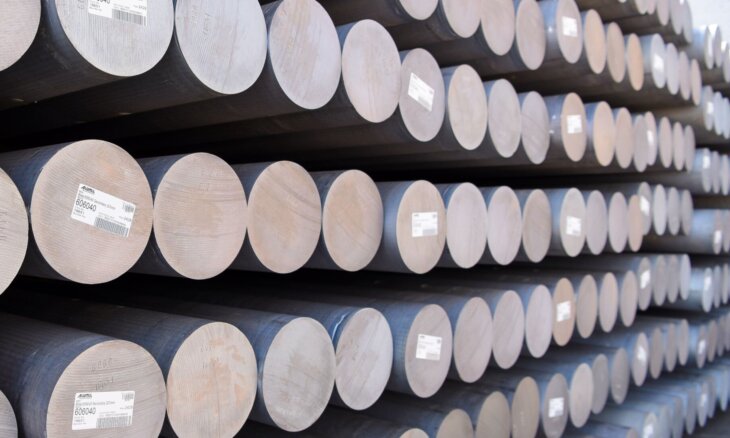
Alumil India, the fully-owned Indian subsidiary of Alumil Group, has launched Loop 80, a certified aluminium material containing 80 per cent recycled content. This new product follows the company’s previous introduction of Loop 60 in 2023 and marks a significant step forward in sustainable practices within the industry.
The use of Loop 80 results in an 87 per cent reduction in CO2 emissions compared to primary aluminium production, aligning with the company’s goal to minimize environmental impact by reducing bauxite mining and promoting the reuse of existing aluminium. According to Alumil India, this approach contributes to substantial energy and raw material savings while maintaining high-quality standards for architectural systems.
“Our commitment to sustainability drives everything we do. We have achieved an impressive 80 per cent recycled content, in large quantities, which can be made available to high-specification projects seeking international sustainability certifications like LEED and BREEAM. With Loop 80, we are pushing the boundaries of circular economy practices, reducing CO2 emissions and minimizing environmental impact,” said Theodoros Axouristos, Managing Director, Alumil India.
Loop 80 supports Alumil’s involvement in the REcycling technologies for circular aluminium (REcAL) project, which aims to innovate in aluminium recycling processes. This initiative underscores the company’s focus on environmental responsibility and energy conservation.
“It is worth noting that aluminium recycling is a promising method, as secondary production consumes only 5 per cent of the energy required for primary production. Loop 80 was designed after analysing the technical requirements and searching for the appropriate technologies that would allow the production of recycled aluminium, combining top quality with sustainability. As environmental challenges continue to grow, we remain dedicated to advancing the circular economy, conserving energy and protecting the environment. We believe green initiatives like Loop 80 are essential to enhancing our quality of life and creating a sustainable future everywhere,” Axouristos added.

